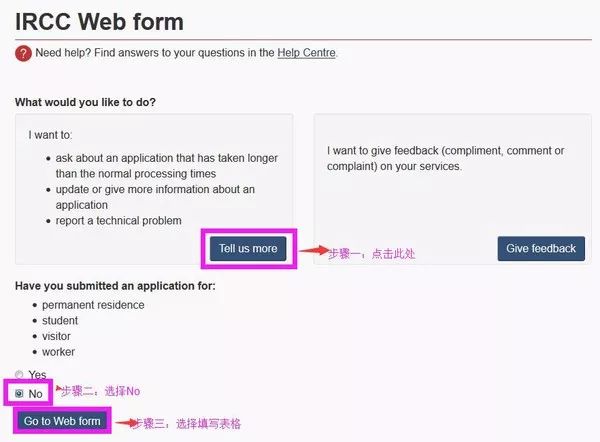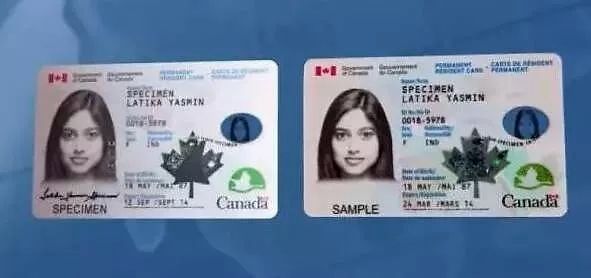Canada Reiterates The Requirements For Years Of Residence, And Will Lose Immigration Status If It Fails To Meet The Requirements
Canada Reiterates The Requirements For Years Of Residence, And Will Lose Immigration Status If It Fails To Meet The Requirements
Canada reiterates: If the length of residence is not enough, it will lose its immigration status. 2006-08-31 13:48 China News Service, August 31. According to the Canadian "Sing Tao Daily", the Federal Refugee Service of Canada reiterates the appeal procedure for the length of residence online.
Canada reiterates: If the living period is not enough, it will lose its immigration status
2006-08-31 13:48
China News Service, August 31, Canada's "Sing Tao Daily" reported that the Canadian Federal Refugee Bureau once again emphasized the relevant provisions on the appeal of the length of residence on the online platform, pointing out that if an overseas visa official finds that a permanent resident fails to live for two years within five years, the permanent resident will face the consequences of losing his immigration qualification.
Lawyers remind those who do not hold maple leaf cards to be aware that if they apply for a one-time travel document in Canada, it is much more difficult than applying for a maple leaf card, and there is a risk of losing their original identity. If the applicant applies for a maple leaf card before the specified period of residence in Canada, he or she will often be judged as unqualified and is required to continue living to meet the conditions; however, if he or she is overseas and does not meet the requirements of residence, he or she will not only fail to obtain a maple leaf card, but may even lose his or her immigration status.
Lawyer Wang Renduo emphasized that parties abroad must submit an appeal application to the Canadian Refugee Agency within 60 days, while parties in Canada must complete it within 30 days. Once the party applies for an entry permit overseas, the official will conduct an assessment; in addition, if the party applies for a maple leaf card in Canada, the official will also review whether it meets the residence period requirements.
He mentioned that if an appeal is filed abroad, it is often less effective than facing a judge to directly face a trial, and there are also shortcomings in fairness. If Hong Kong residents hold visa-free passports, they can go to Canada to appeal, but if they hold a passport from mainland China or Taiwan, they must have a Canadian visa. In other words, they may not be able to appeal.
Lawyer Li Shiqin further pointed out that meeting the requirement of living for two years within five years also includes the time of staying with the spouse who has obtained nationality overseas, and the time when the party goes overseas for official business. If the party is outside Canada, as long as he has lived in Canada in the year before the application for review, the immigration department is obliged to issue travel documents to ensure that the party can travel to Canada smoothly. In other cases, the parties need to apply to UNHCR, and UNHCR will determine whether to issue instructions and require the applicant to go to Canada in person to participate in the appeal to testify; if UNHCR fails to approve, the parties need to make a testimony over the phone.
If the appeal is successful, the parties can maintain their immigration qualifications; if the appeal is revoked, their immigration qualifications will no longer exist. If the party is in Canada, the Canadian Immigration Agency's appeal body will require him to leave the country. Lawyer Li Shiqin further pointed out that in this case, the parties only have one opportunity to appeal to the Federal Supreme Court. (Reporter Cui Yuanming)





